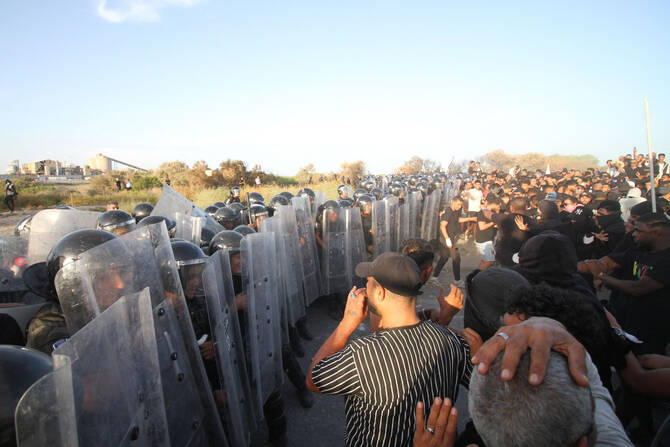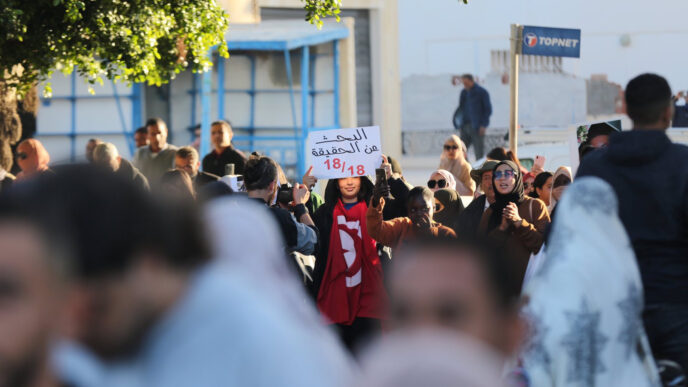Dozens of people were hospitalised on Tuesday in the southern Tunisian city of Gabes, where residents have blamed a nearby chemical factory for a surge in respiratory and other health problems. AFP reporters witnessed locals carrying children into hospitals as fresh protests erupted demanding the dismantling of a phosphate processing plant, which has long been a source of local discontent due to its potentially hazardous emissions.
Since early September, reports of health issues attributed to the factory have been increasing. A local official, speaking on condition of anonymity, said that by midday, more than 120 people had been admitted to hospitals. Radio channel Diwan FM cited an education official reporting that dozens of students had also been hospitalised. Ghofrane Touati, local defence deputy chief, said some patients were suffering from suffocation, while others reported leg pain, numbness, and loss of mobility. Residents described recurring episodes of asphyxiation caused by fumes from the industrial zone.

The phosphate plant, which processes rock into fertiliser, emits toxic gases such as sulphur dioxide and ammonia. Its main solid waste, phosphogypsum, is discharged into the Mediterranean and contains radium, which decays into carcinogenic radon gas. Slah Ben Hamed, regional secretary-general of Tunisia’s main labour union UGTT, noted that gas leaks were inevitable from the ageing plant, inaugurated in 1972, and reported further cases of asphyxiation among students near the facility.
Residents of Gabes, a city of around 400,000, have campaigned against the plant for decades. Although the government pledged in 2017 to gradually close it, authorities announced earlier this year plans to increase production. Local campaign group Stop Pollution has called for the immediate closure of the units responsible for emissions. President Kais Saied has sent representatives from the environment and industry ministries to address the situation.


 Trending
Trending 











